We’re interested in how non-pharmaceutical interventions such as social distancing can affect the transmission and evolution of pathogens during large-scale outbreaks.
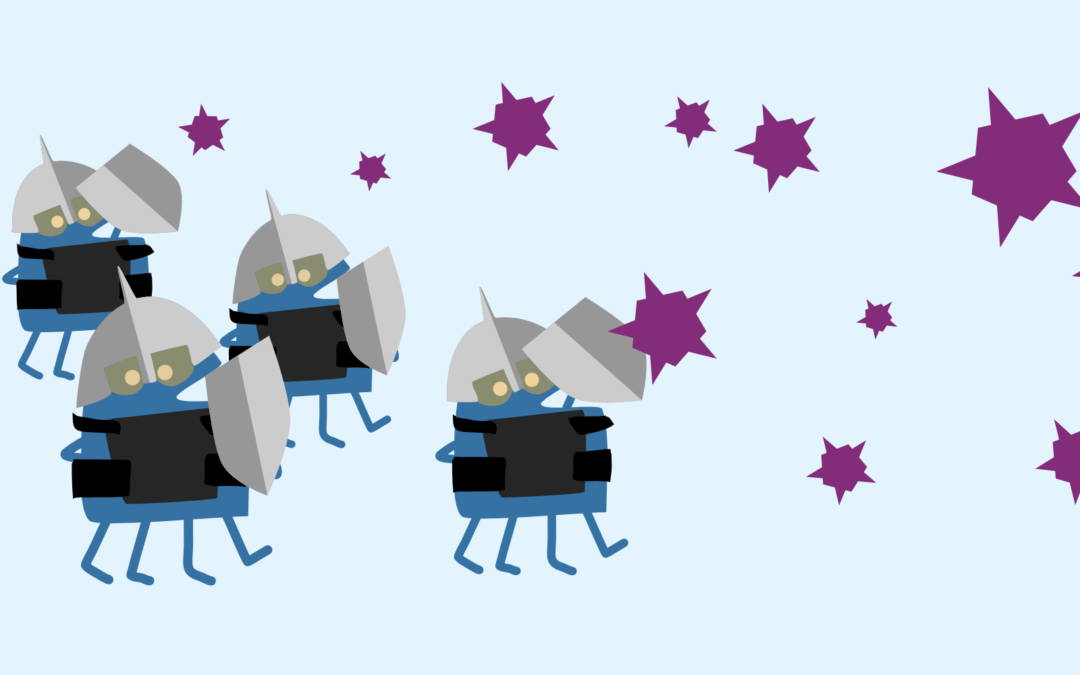
Research
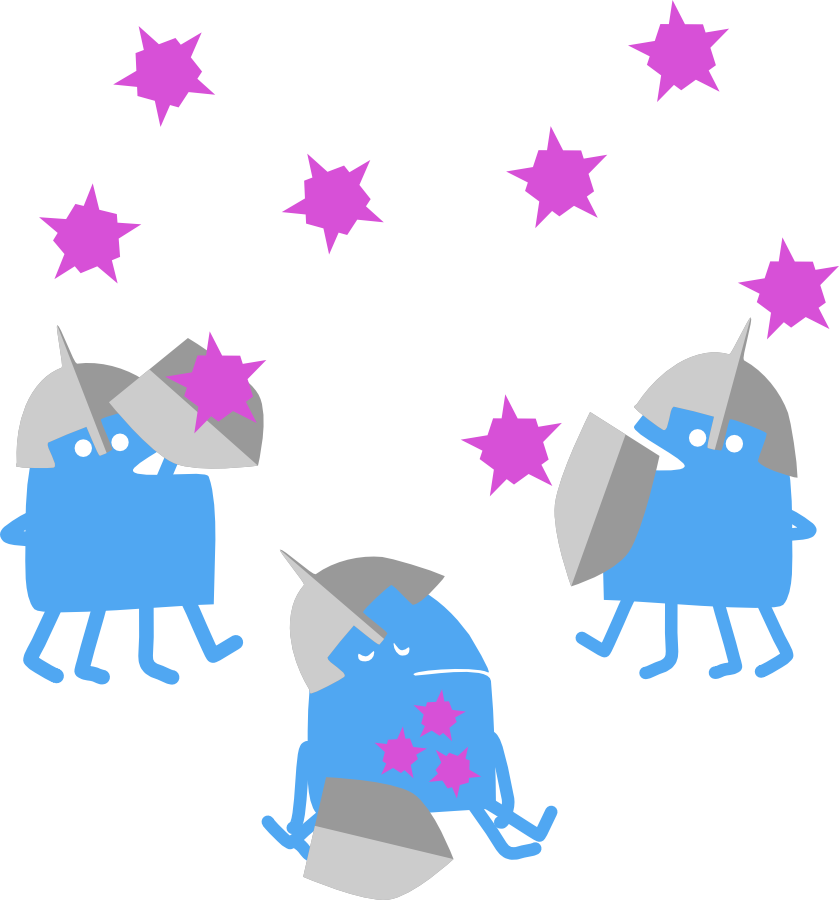

We’re interested in how non-pharmaceutical interventions such as social distancing can affect the transmission and evolution of pathogens during large-scale outbreaks.
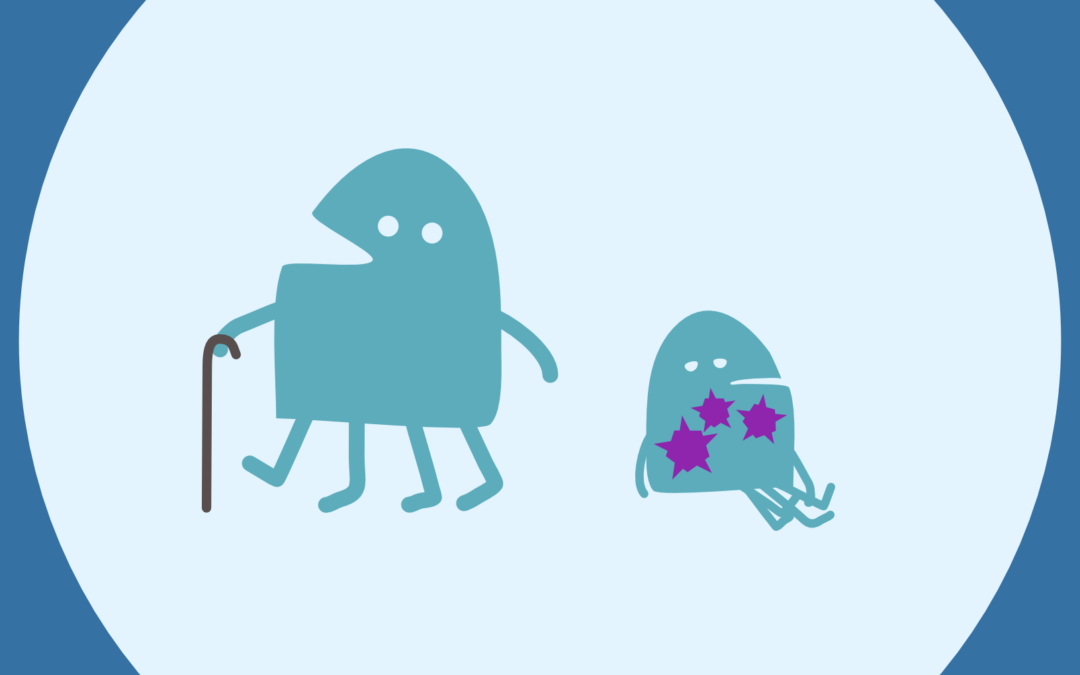
We’re studying how the relationships between ageing and immunity evolve to understand why juveniles are sometimes inherently more susceptible to infection than adults, or vice versa, even after accounting for previous exposure.
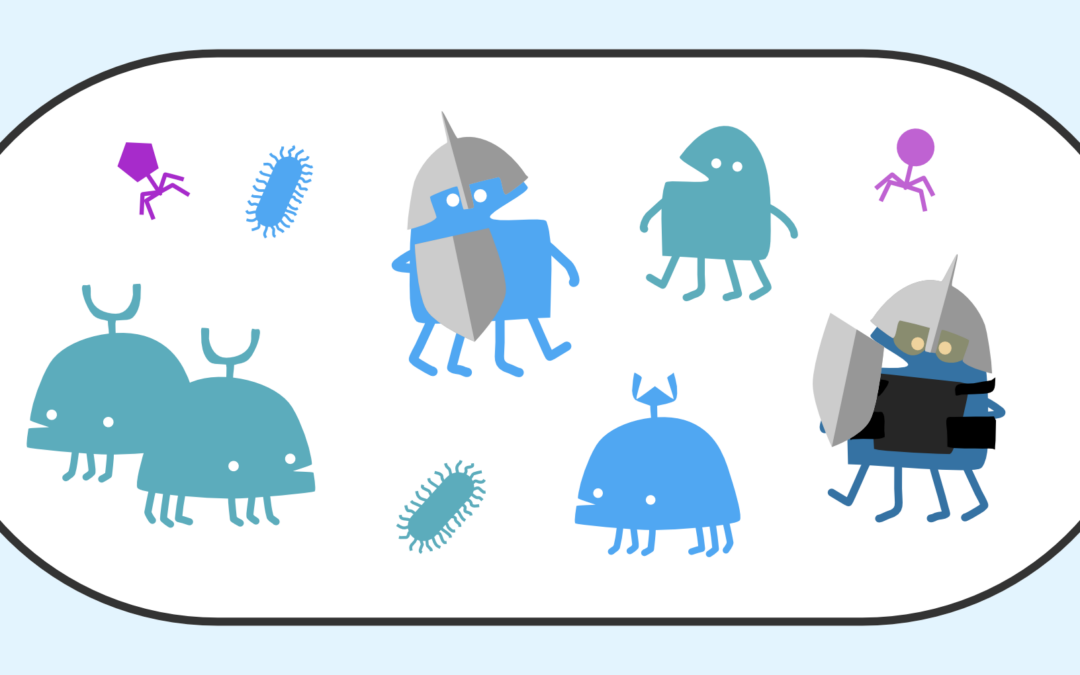
We’re interested in how environmental (e.g. spatial structure, fitness costs) and genetic (e.g. specificity, epistasis) factors affect the coevolution of traits such as resistance and infectivity.
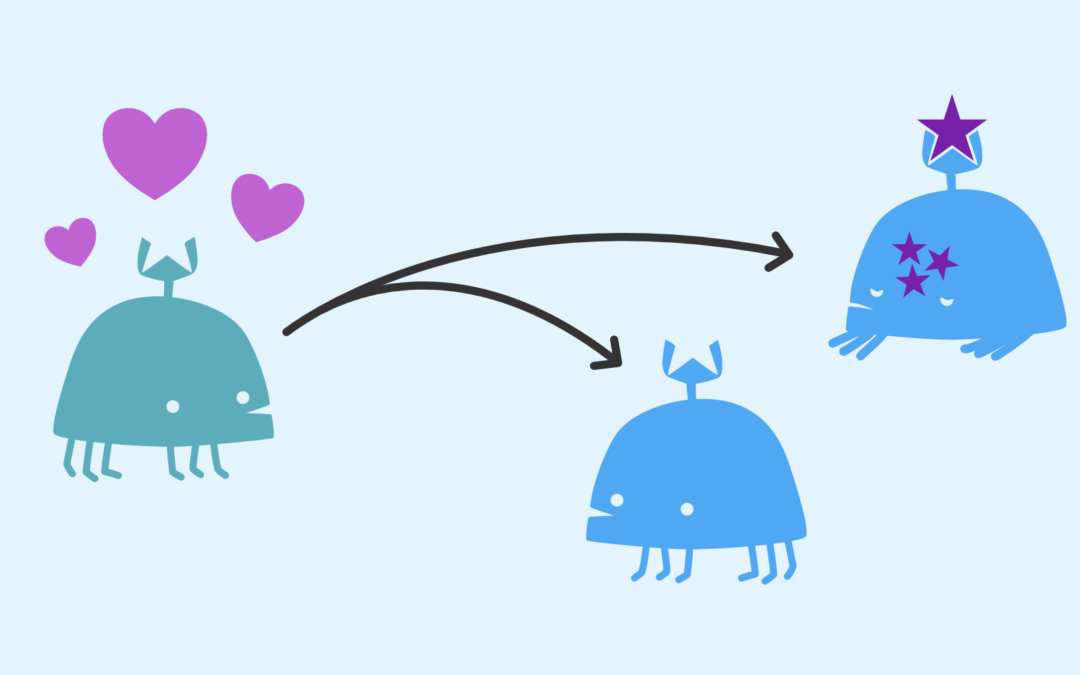
The second key focus of our research seeks to understand the role that parasites play in the evolution of sex and mating strategies, and in turn, the role that host mating strategies play in the epidemiology and evolution of sexually transmitted infections.
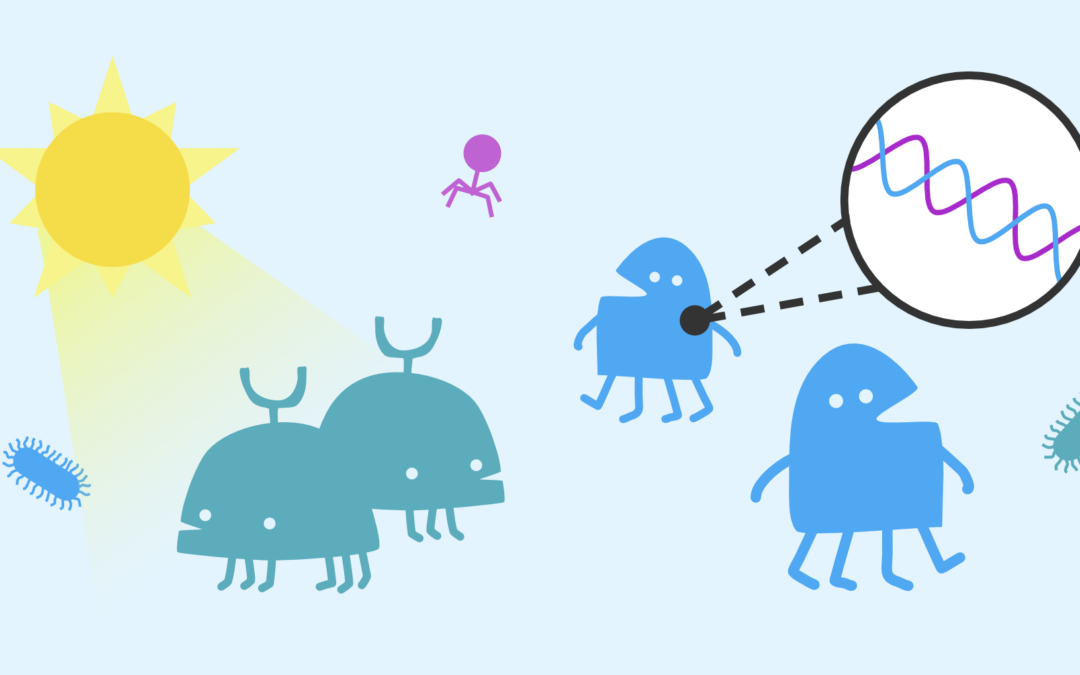
We’re interested in how environmental (e.g. spatial structure, fitness costs) and genetic (e.g. specificity, epistasis) factors affect the coevolution of traits such as resistance and infectivity.
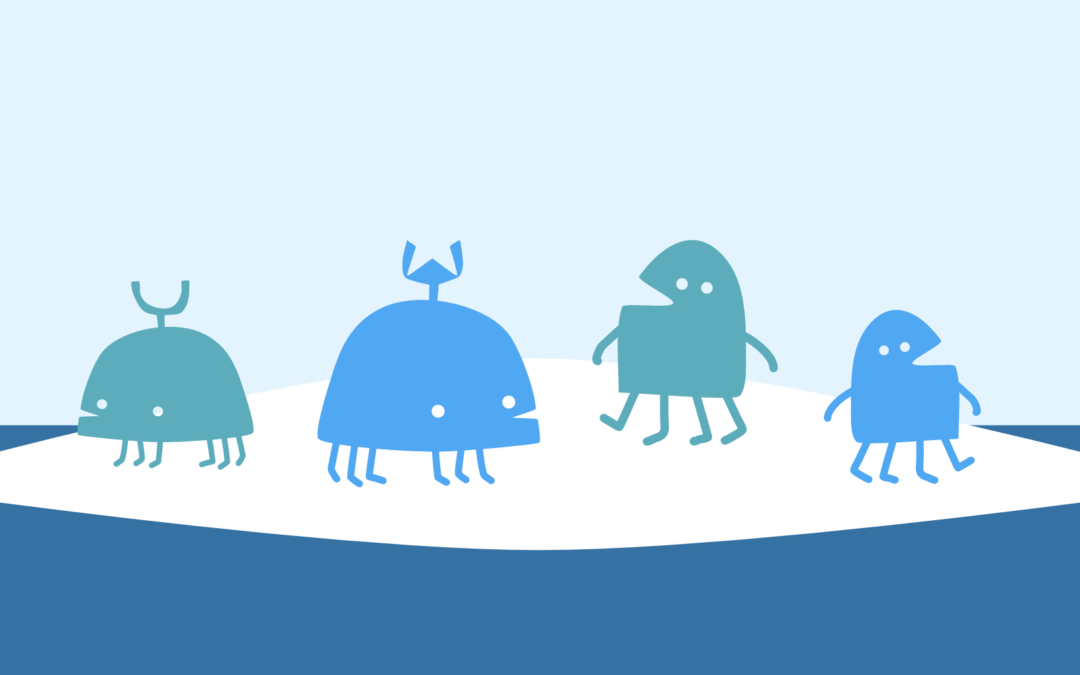
We explore how competition drives species to evolve into non-overlapping ‘niches’, and how this can lead to interesting distributions of species across patches.